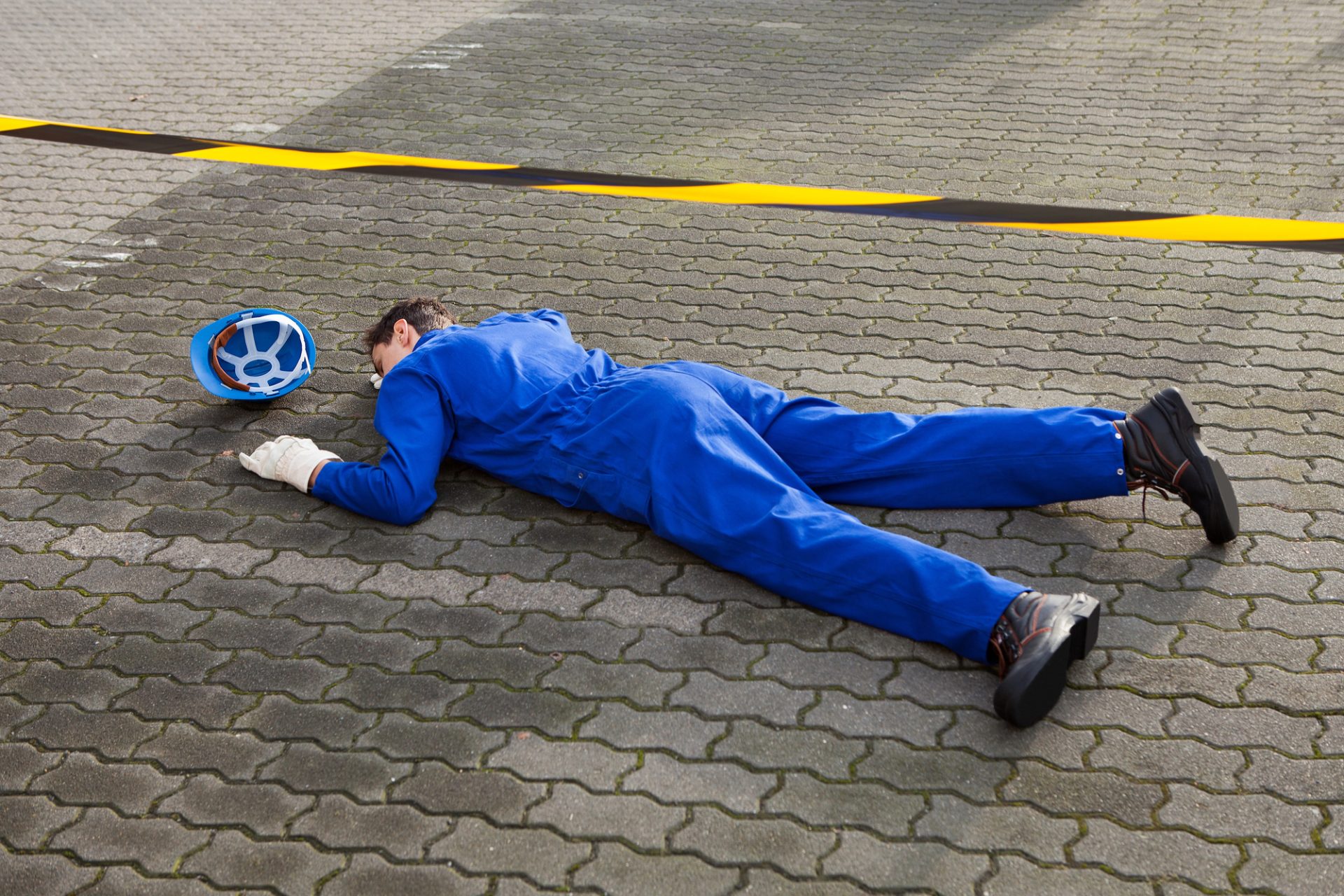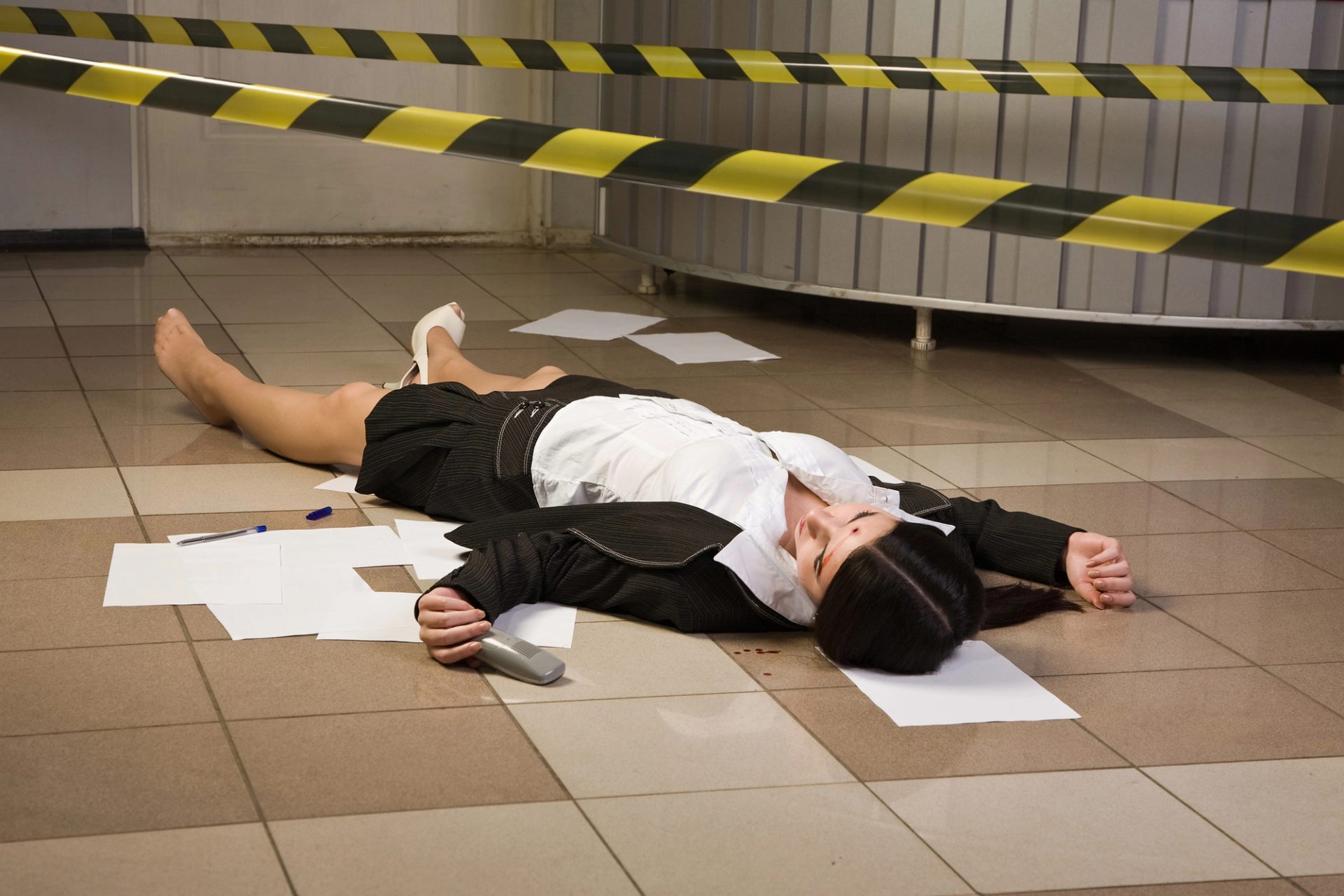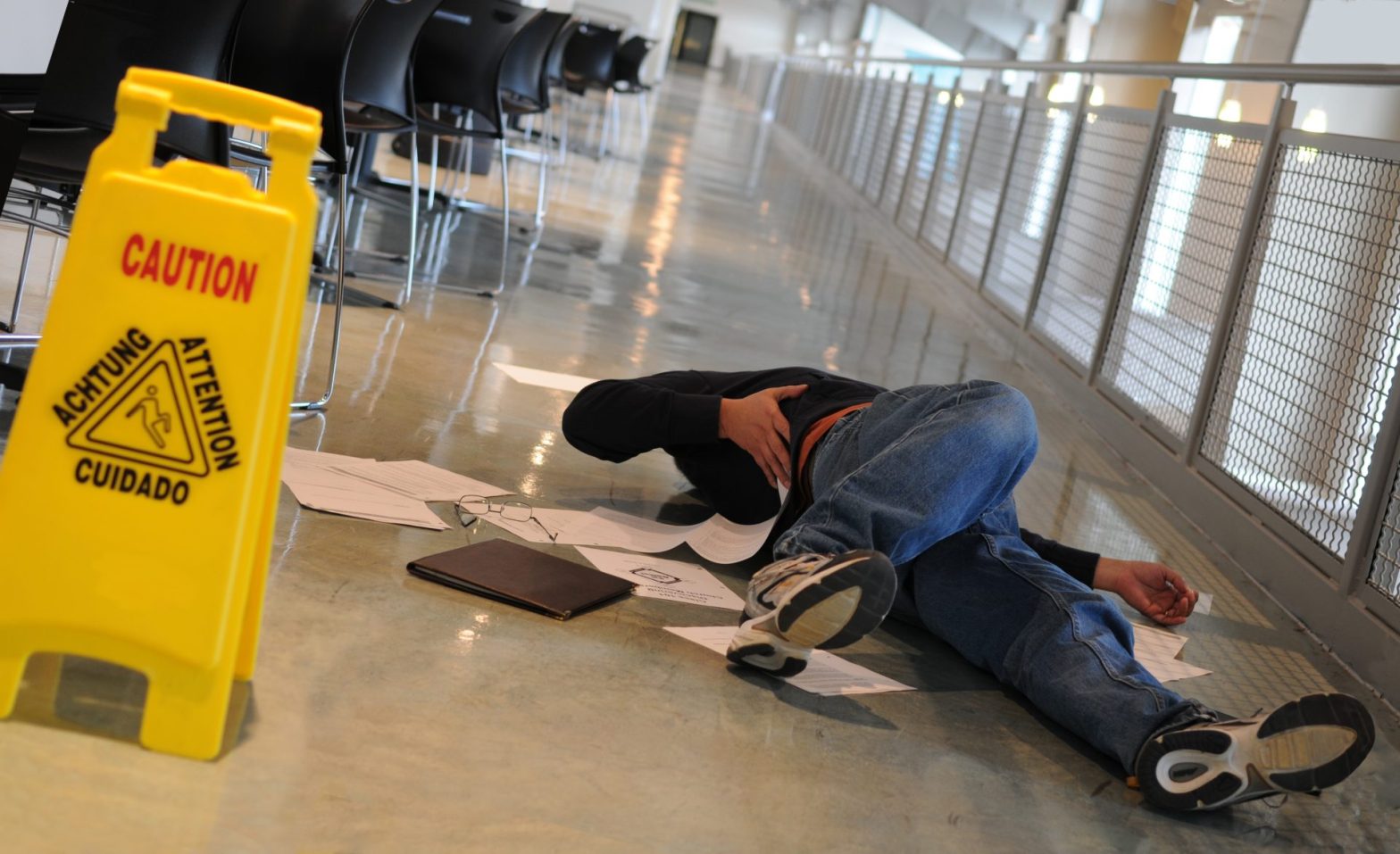Can you sue a property owner for negligence that results in an injury? The short answer is yes. If you or someone you know has suffered an injury on someone else’s property, you might be eligible to seek compensation, and an experienced premises liability lawyer or attorney can guide you in the right direction.
Bear in mind that it is upon property owners and non-owner occupants to maintain safe environments and ensure that visitors don’t suffer injuries because of known hazards. The law refers to this responsibility as premises liability and can hold property owners/occupants liable for accidents/injuries that take place on their properties.
What is Premises Liability?
Premises liability refers to a personal injury law that deals with the legal responsibility of property owners to keep their premises safe for visitors, and it requires them to take reasonable steps to prevent foreseeable accidents. These include, but no not limit to:
- Ensuring the property is safe for visitors
- Repairing any known hazards
- Removing debris, snow, and ice
- Providing adequate lighting
- Posting warning signs to indicate hazards
If a property owner fails to take these steps and you suffer injury, it might be possible to hold the said person liable for your injuries.
Common Premises Liability Accidents
While there are different types of premises liability accidents, some are more common than others. Premises liability attorneys/lawyers tend to deal with injuries caused by:
- Slips and falls
- Trips and falls
- Falls from heights
- Defective products or equipment
- Negligent security
- Inadequate lighting
- Animal attacks
Who is Liable?
More often than not, liability for an injury on normally occupied premises rests with the property owner. However, there are instances when you may hold other parties liable. These include:
- Property managers
- Tenants
- Contractors who build or maintain properties

Proving Negligence
It’s common for people involved in such accidents to wonder, “How does a premises liability injury case work?” According to premises liability law, you need to prove negligence on the part of the other party in order to get any form of compensation. Premises liability lawyers typically need to establish four aspects of negligence – duty of care, breach of duty, causation, and damages.
- Duty of care. This puts the onus of maintaining a property in a reasonable condition on its owner or occupant.
- Breach of duty. This element indicates that the person responsible for the upkeep of a property has failed in his/her/their duty.
- Causation. Causation establishes that your accident took place owing to a breach of duty.
- Damages. This highlights the damages arising from the accident, whether in the form of injuries, pain, suffering, or lost wages.
The Need for an Attorney
If you have suffered an injury on normally occupied premises, discussing your case with an experienced premises liability lawyer might be in your best interest. For starters, your lawyer can help you understand your legal rights and options. In addition, you can also get your lawyer to represent you during negotiations with the property owner’s insurance company and/or in court.
What to Expect?
Premises accident attorneys and lawyers tend to begin the process by investigating the accident and gathering evidence, which may come in the form of:
- Photographs/videos of the accident scene
- Medical records showing the severity of your injuries
- Statements and interviews of eye-witnesses
- Law enforcement reports
- Proof that the defendant owns/rents/manages the property
- Proof that you were not trespassing
After gathering the required evidence, your attorney will build a case to hold the property owner liable for negligence. If negotiations with the defendant’s insurance provider fail to yield desired results, your attorney might suggest taking the case to court and suing the property owner for negligence.

What Factors Affect Compensation?
Various factors affect the compensation one might seek through a premises liability case. These include:
- Costs that qualify for reimbursement. These usually come in the form of all treatment-related costs such as hospital stays, doctor visits, medication, therapies, and assistive devices.
- Lost wages. If your injuries result in missing work for a significant period of time, you may seek compensation for lost hourly wages, overtime, bonuses, sick days, vacation days, and other possible perks.
- Severity of injuries. Typically, the severity of injuries has an effect on the compensation one might receive for a personal injury accident. This is because while serious injuries tend to require increased medical attention, they also lead to significant emotional trauma. Brain and spine injuries are usually serious as they might lead to long-term limitations, impairments, and disabilities.
- Emotional distress. Emotional distress can come in different forms, examples of which include recurring nightmares, insomnia, depression, anxiety, panic attacks, feelings of detachment, and even the inability to enjoy life/relationships as one did before an accident.
Calculation of Damages
After determining what damages you have suffered and establishing if they qualify for compensation, your premises liability lawyer will work on calculating the overall value. This usually involves multiple steps. For starters, your lawyer will add all the expenses related to the accident. These include treatment-related costs as well as any expense borne in replacing/repairing personal property.
If your recovery requires you to spend time away from work, your lawyer will account for the loss of income. If you need to remain away from work for a long period to recuperate completely, estimating future loss of income, while not easy, is also important.
Determining how much money to seek as compensation requires looking at non-economic damages as well. One important reason you need to work with an experienced premises liability attorney or lawyer is that it’s not easy to arrive at a fair compensation value for non-economic damages because they don’t come with fixed monetary values, and this is where experience in handling such cases matters.
Conclusion
Dealing with a personal injury accident can be daunting, especially when the injuries are serious and you also have to interact with the defendant’s lawyer and insurance company. If you find yourself at the receiving end of an accident that involves premises liability, seeking legal help as soon as possible is in your best interest. This is because an experienced premises liability lawyer can tell you where your case stands and also help you get the compensation you deserve.

